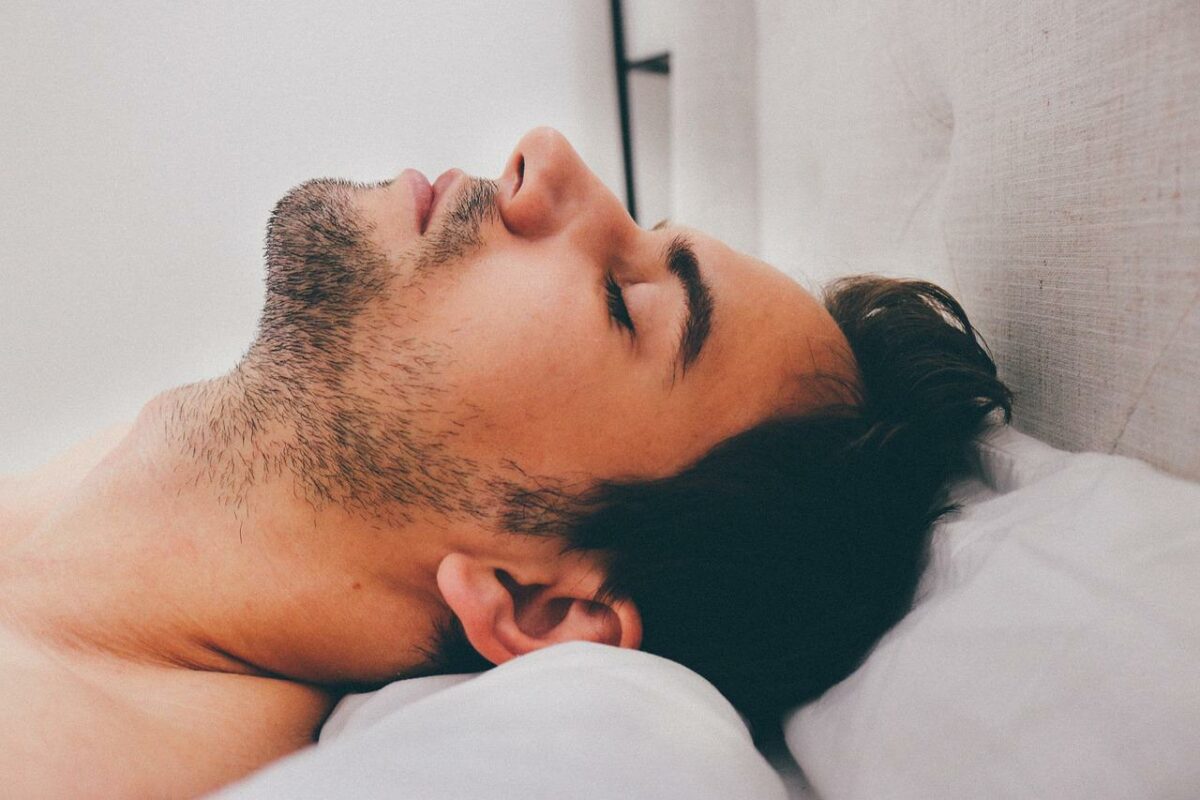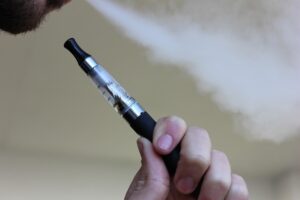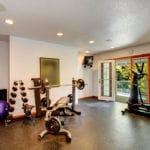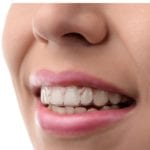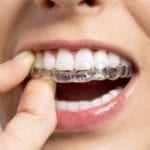Sleep apnea is a common breathing problem in which you have short pauses in breathing, shallow breathing, or even a complete lack of breathing at some point while you are sleeping.
If you have sleep apnea, a few different treatment options are available.
The best treatment for you will depend on your symptoms, how long you have been experiencing the symptoms and any other health issues you may have.
Only a professional in sleep healthcare can select the most effective treatment after administering a series of diagnostic tests.
But below, you’ll learn about the most common treatments to help those with sleep apnea.
Top Treatments For Sleep Apnea
CPAP
CPAP (continuous positive airway pressure) is one of the most used therapies for obstructive sleep apnea.
Although this may sound complicated, it is actually relatively straightforward.
With CPAP, a sleeper’s airway is prevented from collapsing through continuous airflow.
CPAP is pretty much the gold standard of treatment for obstructive sleep apnea (OSA) because of its simplicity and extensive research.
Although it is most effective for moderate to severe instances of OSA, it can also be beneficial for mild cases.
BiPAP
BiPAP sounds similar but is different from CPAP. With BiPAP, various pressures are regulated for exhaling and inhaling.
BiPAP therapy is more complicated than CPAP therapy and is not typically the first treatment option doctors offer.
Because air pressure is reduced during exhalation with a BiPAP device, it may be beneficial for those who have difficulty breathing out with a CPAP device.
If BiPAP therapy is appropriate for you typically depends on what treatments you have already taken and whether they were successful.
Dental Appliances
A dental appliance can help in treating mild to moderate sleep apnea.
Two primary dental devices are used to treat sleep apnea: a mandibular advancement device and a tongue retaining device.
Mandibular advancement devices (MADs) are similar to a sports mouth guard. It works by pushing the jaw forward to maintain an open upper airway.
A tongue retaining device has a mouthpiece plus a small component that fits around the tongue. The device keeps the tongue from obstructing the airway by holding it forward.
APAP
APAP is when either CPAP or BiPAP is equipped with auto-adjusting technology to allow for varying pressure levels throughout the night. This technology adapts automatically to your breathing patterns and sets the optimal pressure.
Automatically adjusting positive airway pressure (APAP or auto-CPAP) is more adaptable to lifestyle changes. For instance, if your sleep apnea worsens due to changes in weight, sleeping position, or alcohol use at night, an APAP machine will automatically alter the pressure settings to help you sleep better.
However, a potential disadvantage of APAP is that the pressure may fluctuate several times throughout sleep, which can wake you up.
Weight Loss
Overweight patients with sleep apnea can still benefit from weight loss treatment. It will enhance sleep breathing for many individuals.

